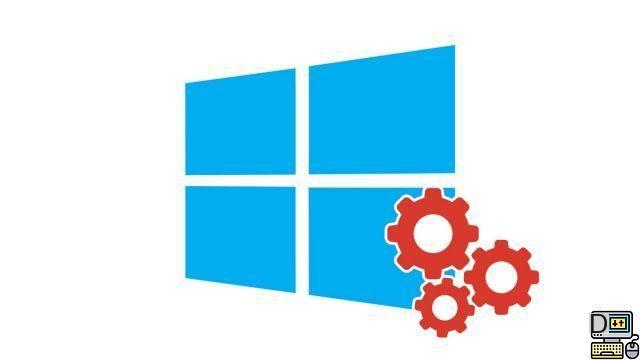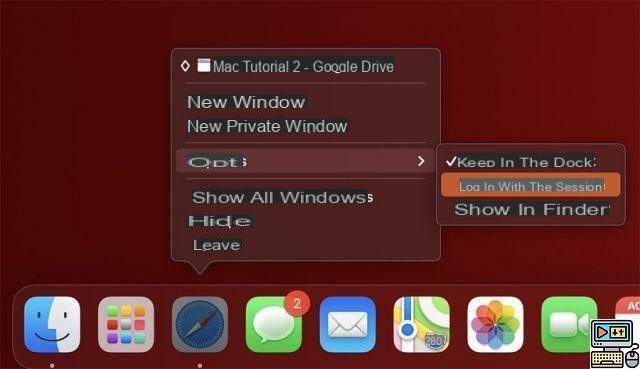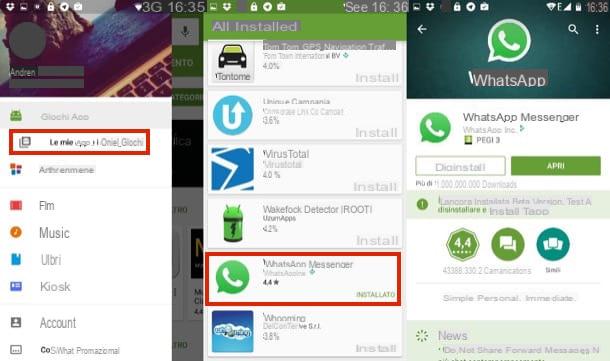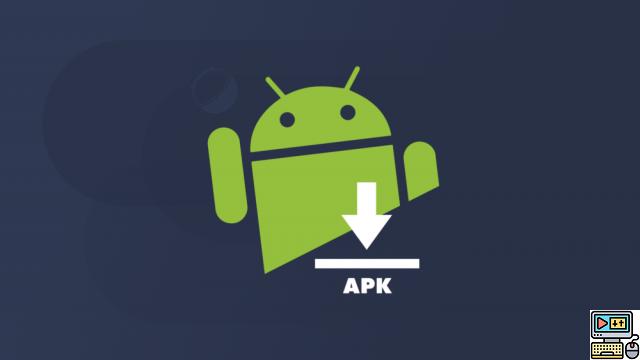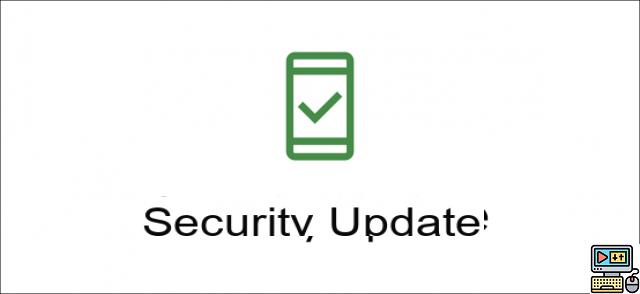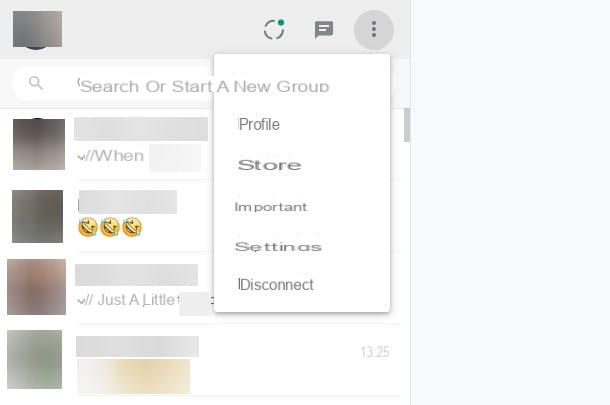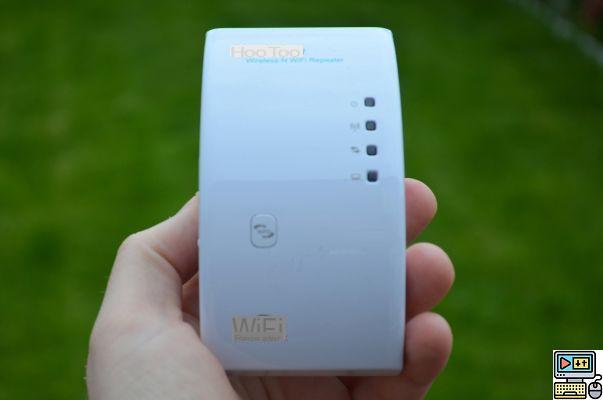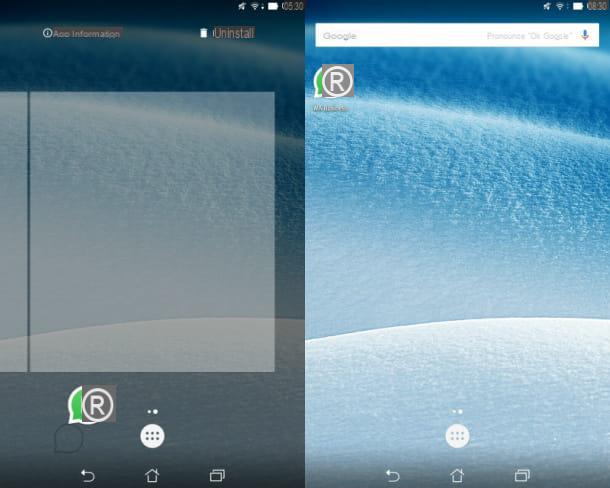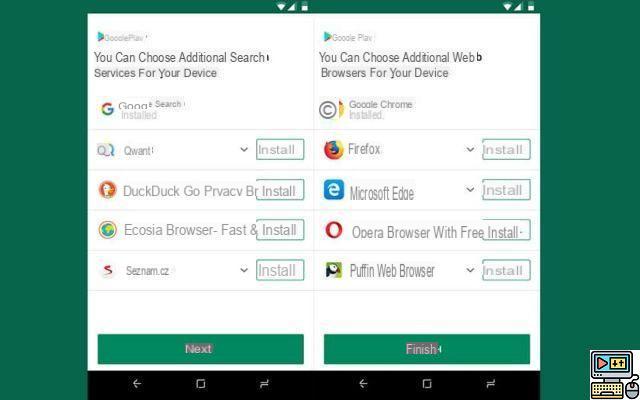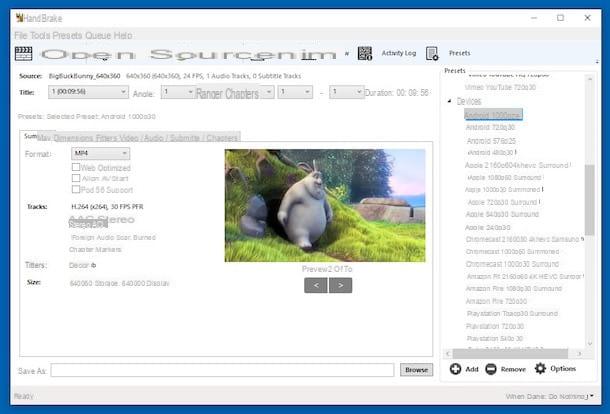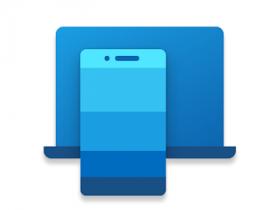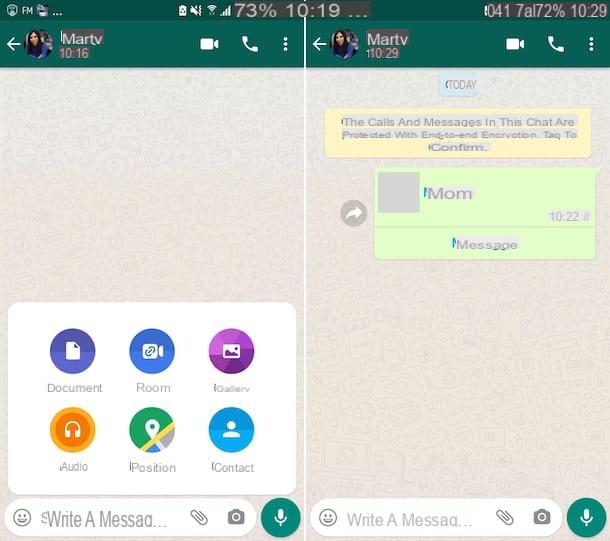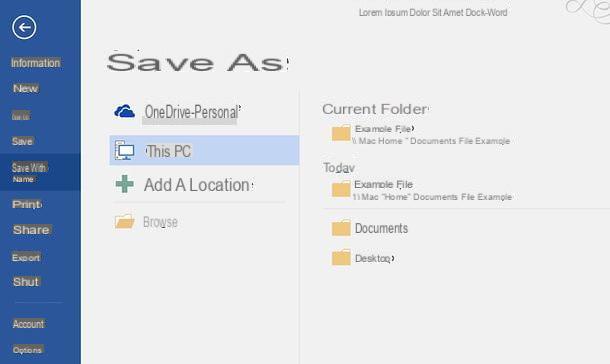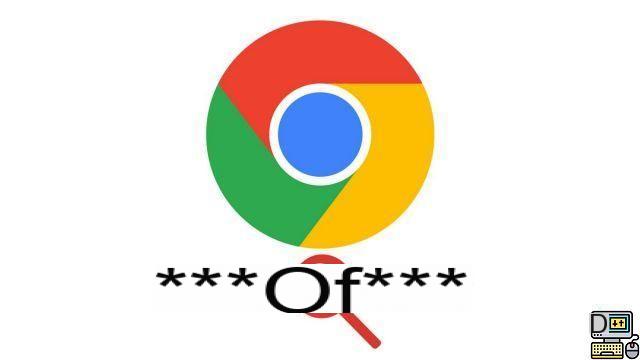 Browsing the Internet, from a privacy point of view, is like driving around in a car.
Browsing the Internet, from a privacy point of view, is like driving around in a car.When driving, the car has an identification plate so, if we make an irregularity, it is easy to trace the owner.
The license plate, when surfing the internet, is the IP address assigned to that computer, to make anyone discoverable (see also the explanation on how computers talk to each other over the network via TCP / IP)
Whenever you use a program or application such as a web browser to open a web page, one or more connections are established with the server hosting that site.
Once the connection is established, the computer downloads the data from these servers and displays the web page in the browser.
Each connection reveals the IP address of the device used to open the site, to the server to which it connects which, conversely, sees the IP address of the server.
The IP address cannot be chosen, it is assigned by the connection manager (which can be Telecom, Fastweb and Wind) randomly and, at times, even dynamically.
This very simplified speech is valid for every internet connection, even for e-mail programs, chats, smartphone applications, etc.
Just like for the car license plate, from the IP address it is not necessarily possible to trace the identity of who is using it, but only to the owner of the connection.
If you connect from home, that same address applies to anyone who connects to the internet: parents, siblings, children, friends, etc.
If the connection is then established in an office, this IP address can be valid for all the people who work there.
Indeed, in some cases, the public IP address is the same for internet connections from entire condominiums or neighborhoods or cities (this has already been explained in the article on how we connect to the internet with the same public IP address).
Furthermore, IP addresses are often assigned dynamically and are hardly fixed for a particular user like we can be at home.
The IP address therefore reveals little public information and only in certain cases can it be traced back to a person's home address.
Depending on the network provider used to access the internet, the information an IP address can reveal is different and often confidential.
Theoretically, these operators cannot store data to control what users do on the internet and must ensure the privacy of customers.
However, if, for example, a person commits a cyber crime online, the police may need to contact the network operator that assigns the IP addresses to trace his identity.
After what has been explained it is clear that even if a stranger knew the public IP address of my current internet connection, they could not do anything about it.
Basically, from a public IP address only the network provider can trace the identity of a person, if requested.
Anyone else can just try to figure out where it came from, find another computer's IP address and locate it, but spying on what it does is not possible.
This is because behind each connection there is a router (private or from the network provider itself) that creates an internal network and protects any not connected device from external connections.
We have already explained how a router works in another article.
The situation changes when you use a computer within the same network created by the router, which is not the Internet network but a private home or office subnet.
In fact, the router assigns another IP address to the connected devices, this time internal, which is always the same for each private network and usually starts with 192.168.
This address is not visible and, in any case, it cannot be reached (unless a desired opening is set) from outside the network.
Theoretically it is possible not only to find all the computers connected to the network, but also to sniff the connection and spy on it.
For this reason it is naïve to let an unsecured wifi network be left behind from foreign accesses and, conversely, also connect to the neighbor's wifi network vacated, because he may one day wake up and know everything we do on the internet.
In fact, routers often have the function of monitoring which sites the devices connect to and can therefore monitor each site visited.
Returning to the public IP visible on the internet, if you want to protect your identity, see How to Hide the IP Address on PC, Android and iPhone.
Who can see our IP address and what can they do with it?




